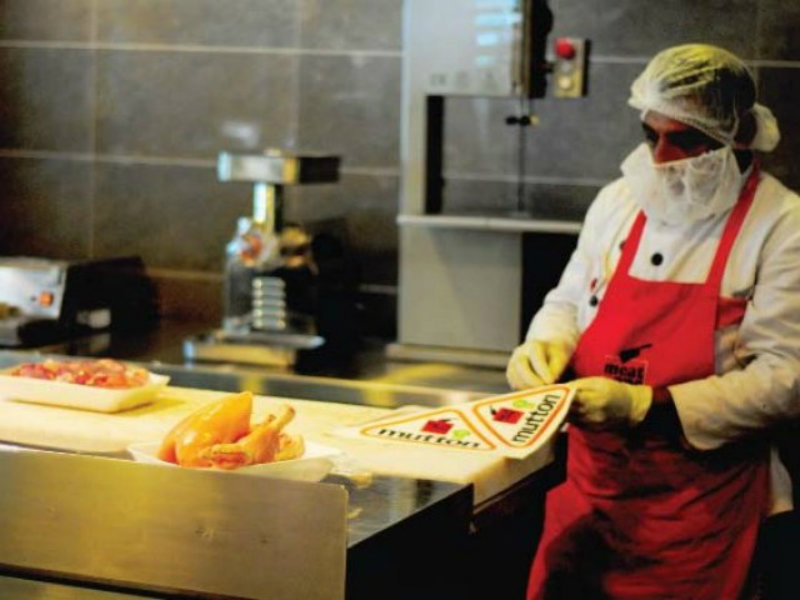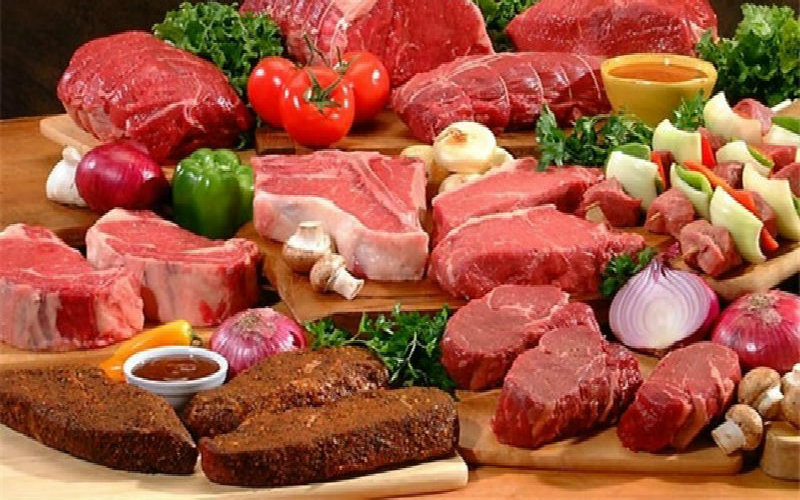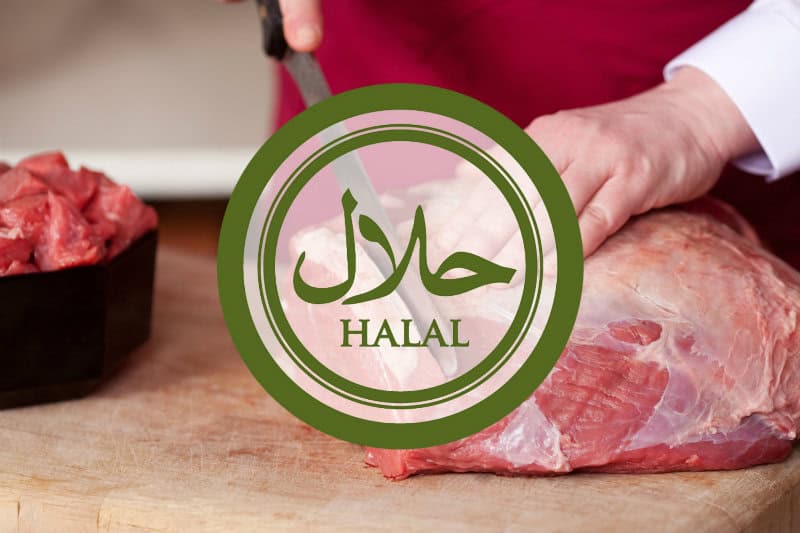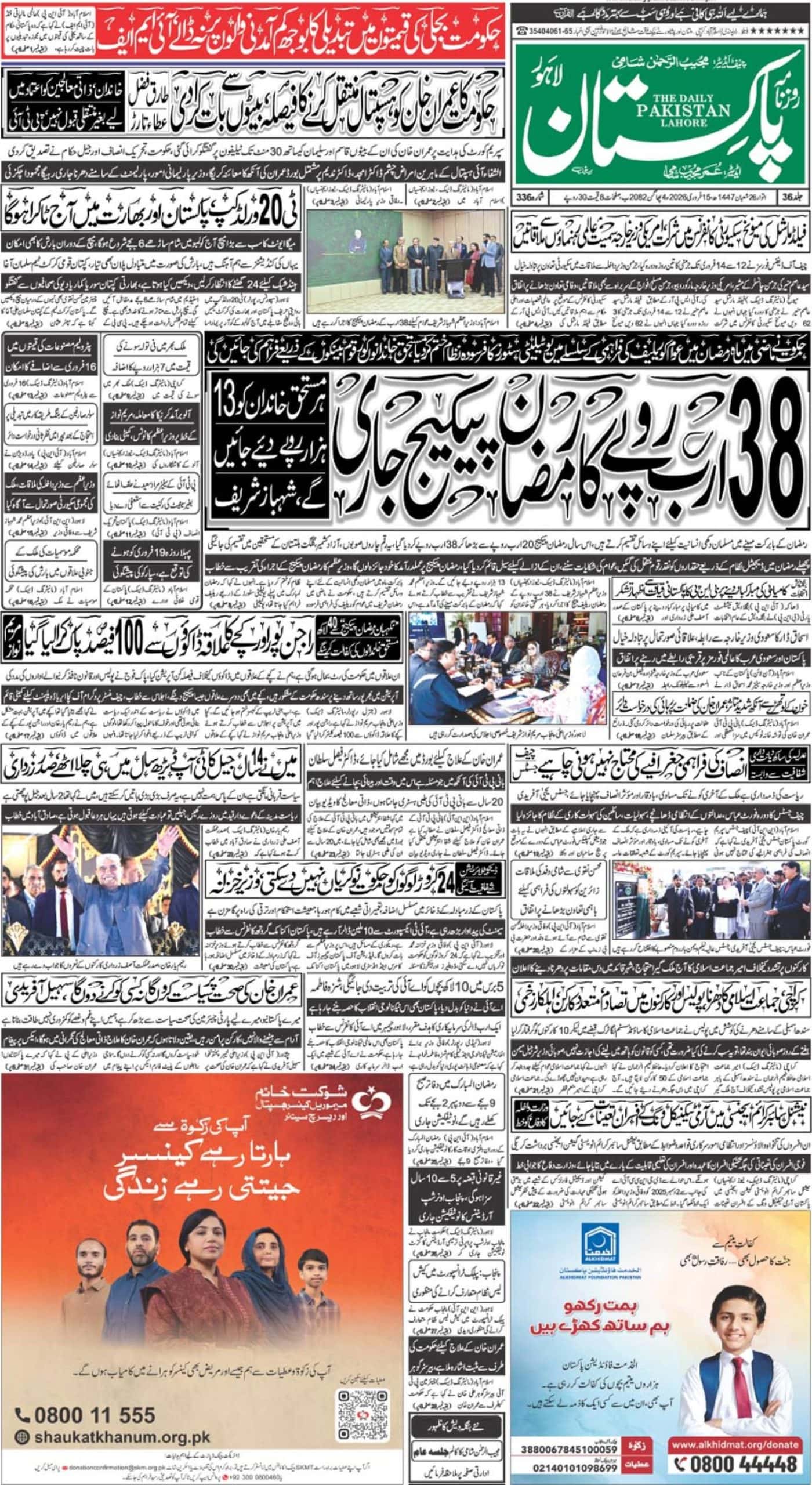LAHORE (Web Desk) – About 90 percent people in Pakistan are unknowingly eating ‘Haram’ meat while believing it to be ‘Halal’, according to data available with Pakistan Halal Product Development Board (PHPDB), Punjab Halal Development Agency (PHDA), Pakistan Standards and Quality Control Authority (PSQCA) and Pakistan National Accreditation Council (PNAC).
The data reveals that ordinary people are unaware of the requirements of Muslim dietary law, enshrined in the 1973 Constitution, and are therefore led to believe they are eating Halal food whereas actually they are not.
Officials working to regulate the Halal meat sector have said that animals are not being slaughtered according to Islamic practice as the country fails to ensure ‘Halal’ standards are met. Only one slaughter house, Shapur Kangran Slaughter House operated according to Halal standards, they said.
The lack of certified Halal meat in Pakistan, according to them, had made most Muslim countries reluctant from importing Pakistani meat products, which explains Pakistan’s extremely low share of 0.2 percent in the $ 3 trillion global Halal meat trade, catering to 57 Muslim-majority countries.
According to officials, Pakistan has been unable to capture a share in this lucrative and fast-growing market due to the lack of enforcement of existing Halal standards. They said the market had been dominated by non-Muslim countries such as China and India over the years, due to the failure of countries like Pakistan to meet international Halal accreditation standards.

Despite efforts of the government, Pakistan has not been able to improve its regulation of the meat industry. Pakistan has held five international Halal conferences and exhibitions to spur its Halal meat industry to claim a greater share of the global market. More than 22 MOUs were signed as a result of these conference; however, they have achieved no results so far.
Recently, CM Punjab Shahbaz Sharif inaugurated the 5th Halal conference organized by Punjab Halal Development Agency (PHDA) and lamented Pakistan’s meager share in the multi-trillion dollar Halal meat trade, despite its status as the tenth-largest Muslim country in the world.

A major reason for Pakistan’s failure to capitalize on the global Halal meat industry is the lack of effective enforcement of Halal standards. If Pakistan established the right infrastructure, it can take advantage of its huge livestock population, considered to the the 4th largest in the world, and take a lion’s share of the international Halal market.
However, the many regulation authorities set up to oversee the meat industry have been ineffective or not allowed to get off the ground. The Punjab Halal Development Agency (PHDA) has yet to be empowered to exercise its authority. Pakistan Halal Product Development Board (PHPDB) was set up in 2009 to promote halal export and trade, but has made no headway in this regard so far.
Similarly, establishment of the Pakistan Halal Authority (PHA) still remains a pipe dream. In consultation with PHDA, Pakistan Standards, and Quality Control Authority (PSQCA), Pakistan National Accreditation Council (PNAC) and other stakeholders, national standards for the Halal industry were outlined, but have yet to come into effect.
Since basic standards and rules have yet to be drafted in this regard, international brands like McDonalds, Lays, Proctor & Gamble and Cadbury have been flooding the market with non-Halal items.
This explains why the Ministry of Science and Technology Pakistan recently declared 23 imported food products to be Haram.
These include: Bubblicious, Ragu, Pascual Yogi Kids, Chupa Bubble, Rice Chicken Broccoli, Jell-O, Pasta Chicken Broccoli, Chicken Tonight, Skittles, Skittles Fruits Jar, Picnic Chicken, Skittles Fruit 15p, Chicken Soup, SliMa Soup, Yupi Fruit Cocktails, Cup a Soup, Gummi Pizza, Yupi Footballs, Heinz Dinner Chicken, Strawberry Leaf, Pop Tarts, Tulip Chicken and Pasta Creamy Chicken.
However, despite informing the Commerce Ministry and relevant provincial departments, the Ministry of Science and Technology has still been unable to ban the import of these items.













